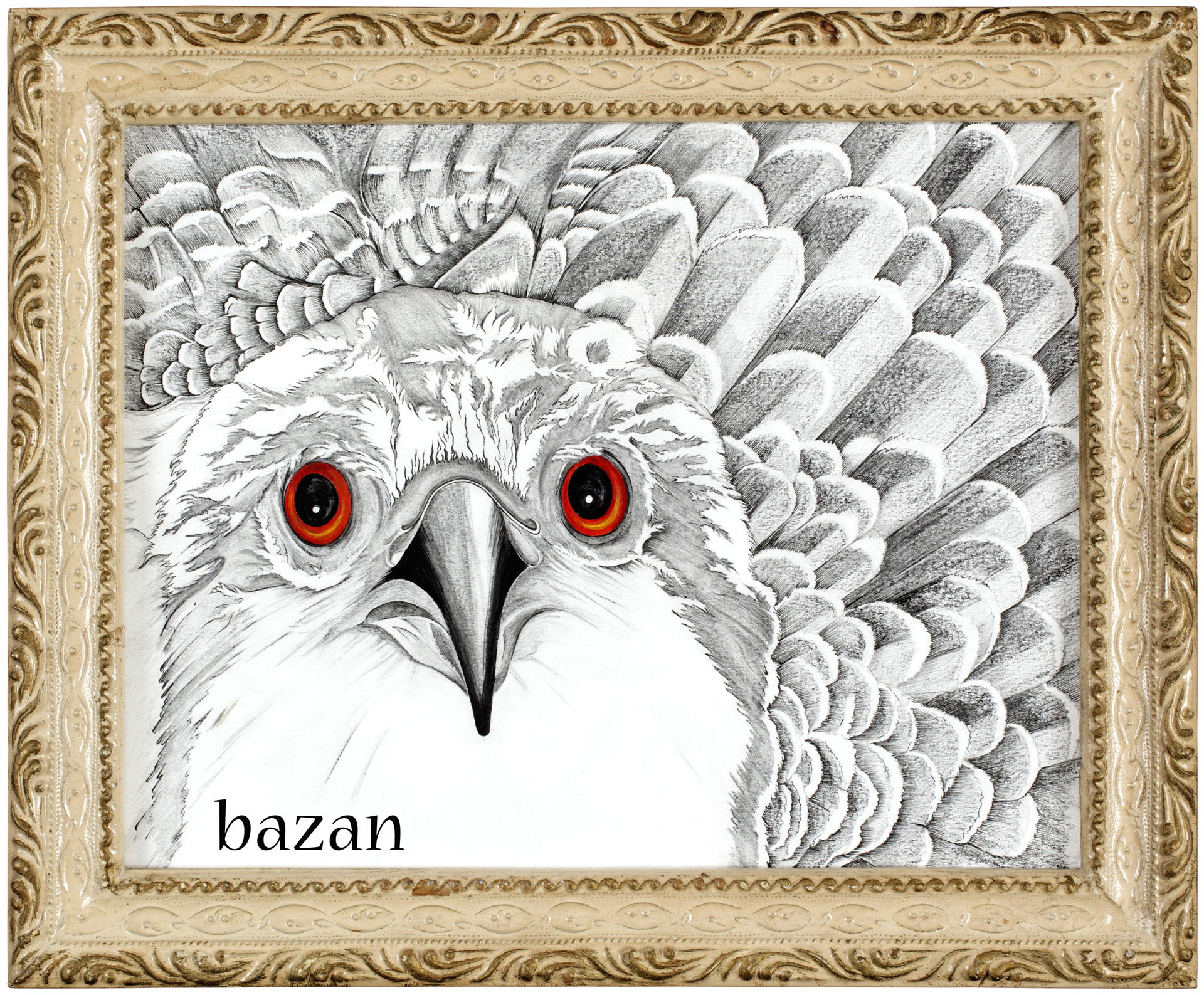“BAZAN”
Site-specific installation / İstanbul – 2012
dimensions variable (63 pieces)
“Bazan” is used as an adverb in Turkish. The words that define and grade the nouns, adjectives and verbs in terms of location, direction, time, state, amount and question are called adverbs. An adverb is used in order to show transitivity and alteration of the tenses with the aim of confirming what is said. It is a form of expression dealing with alterations.
Bazan (sometimes) is a phrase which describes the ebbs and flows between the real and the unreal. It’s a form of coincidentally showing sometimes the real and sometimes the lie. Nietzsche stated in his book “Twilight of the Idols” that the world is a tale. When a mistake highlights that the world has become a tale, then we are talking about a tale world, a proposal which works as a tale.
When the sirens start singing, when we find ourselves in an incomprehensible, ryhtmical melody like a murmur, belonging to a carol, the adverb bazan (sometimes) has started to tell us the tale of the world. The question focuses on “How come the world has become a tale?” Bazan (sometimes) is an adverbial clause either as a lie or a mistake.
Fabula. When we follow the line of narrative as a tale, we find ourselves on a theater stage in texts and carols. We have started to act with an artistic mask. Thanks to the laughing and crying masks, we can say that the world is telling a tale since the two actions are simultaneously happening in the world. The adverb bazan (sometimes) can be at the beginning or in the middle of the statement. Temporality may not be linear or rational like it is in tales. Depending on the theme of the statement, the statement sometimes comes to us, sometimes does not. May it come often? Or does it come sometimes? It means that sometimes does not happen often, it bears variability. It somehow suggests that existence does not always follow the same way, it cannot. It is about the coming things being sometimes real and sometimes unreal.
Will we be haunted by souls or ghosts sometimes? So there are ghosts on this stage sometimes (Edip Cansever and Turgut Uyar are calling out to us) or one can go on a row boat with lively, fleshy and bloody souls. Lale Müldür, with a green stuffed bunny in her hand, has been hiding the ghost of Jesus disguised as fictitious character Bugs Bunny. She is carrying around the ghosts which will haunt her.
Will this adverb of time continue the same way during the process? Or will it turn into a tale, a narrative with the intervals, through the passing time? Does bazan (sometimes) follow us when an answer is given to someone? Sometimes it stays behind: Is the world sad? “Yes, sometimes!” Sometimes we are all ghosts; but sometimes we keep calling out for other ghosts. Sometimes we lie, too. We tell the truth. This is a dialogue. Sometimes it is even a philosophical dialogue. The hell is always visible in tales, “sometimes” even exaggeratedly visible.
It looks like it belongs to İstanbul Turkish and it is left out of the realm of grammatical rules: bazan (sometimes). When “bazan” is used in standard Turkish sometimes, within its use in a language that cannot be localized, there is a “sometimes” which is based on that. However, bazan does not use this as a base, minority is language and it works as a scarcity. It is faulty.
If we turn to Nietzsche again: Is the world a tale world sometimes? Has the narrative turned into a tale? Lie also has a history but sometimes it is real and sometimes a lie. Even it we are lying sometimes we tell the truth: All the Cretans are liars. Then Epimenides is also a liar since he is a Cretan. The mistake of the world then, BAZAN is a lie, hence mistake is also a lie, because bazan just stands upright before us as the reality itself.








